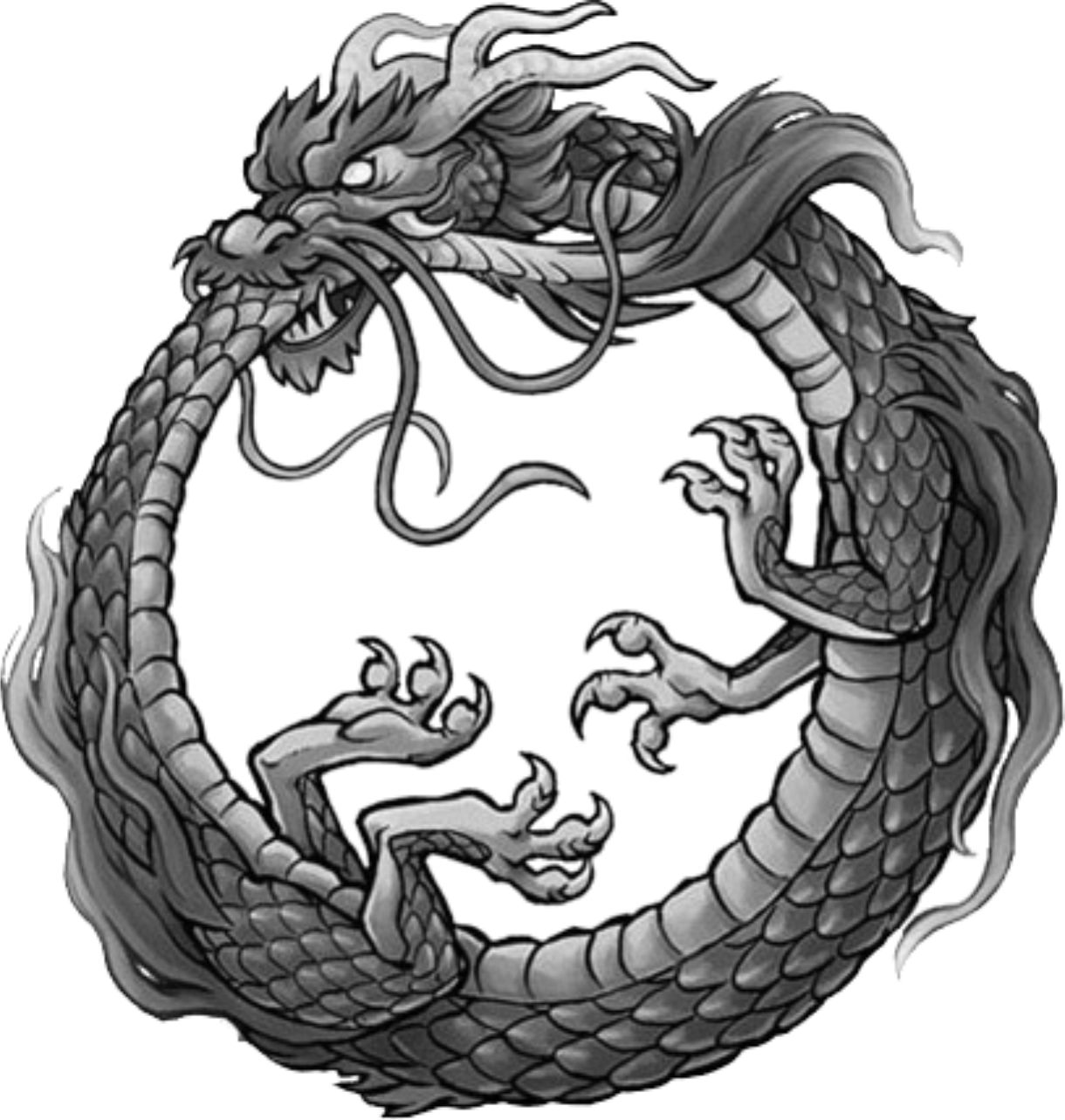Snakes and Mirrors

Is it just me, or have you noticed it, too? So many movies – and television productions – are about making movies, or have lead characters who are actors or directors or writers or some such. It’s a bit like a snake eating its own tail.
Yes, those of us who work in film and television – and other creative industries – have lives that are as valid as everyone else’s, with problems just like everyone else. But, though it’s the job of art to hold the mirror up to nature, if we hold the mirror up to ourselves, isn’t that just a tad narcissistic? As if to say, “Yes, yes. There’s a world out there, but this isn’t about you. It’s about me. I’m much more interesting than you are.” Don’t you think?
There’s another manifestation of this trend – or meta-trend – which in some ways I find even more alienating, and that is to pack a film with references to other films. We all stand on the shoulders of giants, but aren’t original works supposed to be, well, original?
I saw Tarantino’s “Once Upon a Time in Hollywood” not long ago. It seemed so much a collection of quotes and references from other films as to be almost self-erasing.
But he’s just a high-profile example. It often seems you can’t get through a film without a sly wink or knowing reference to other movies. Personally I find it less than interesting.
What’s the problem with quotes, echoes and references? None at all if, as everything in a film should, they help to develop story or character or both. But it seems to me they often just get in the way, because they’re there because they’re there. To show how many other films the makers have seen.
If film is a watchtower from which to see the world, these movies are a tower with inward-facing mirrors where the windows should be. Surely our job is to look out clear-eyed at the world and tell what we see.
